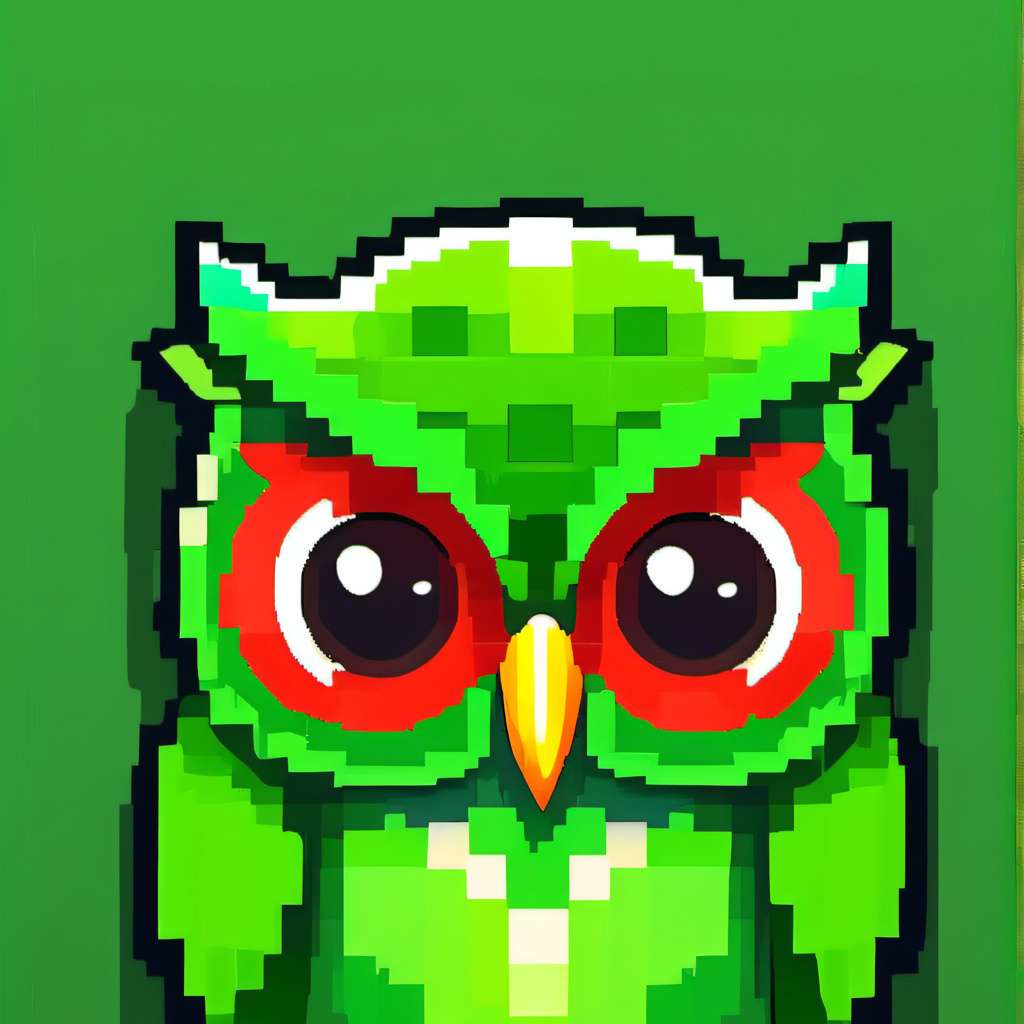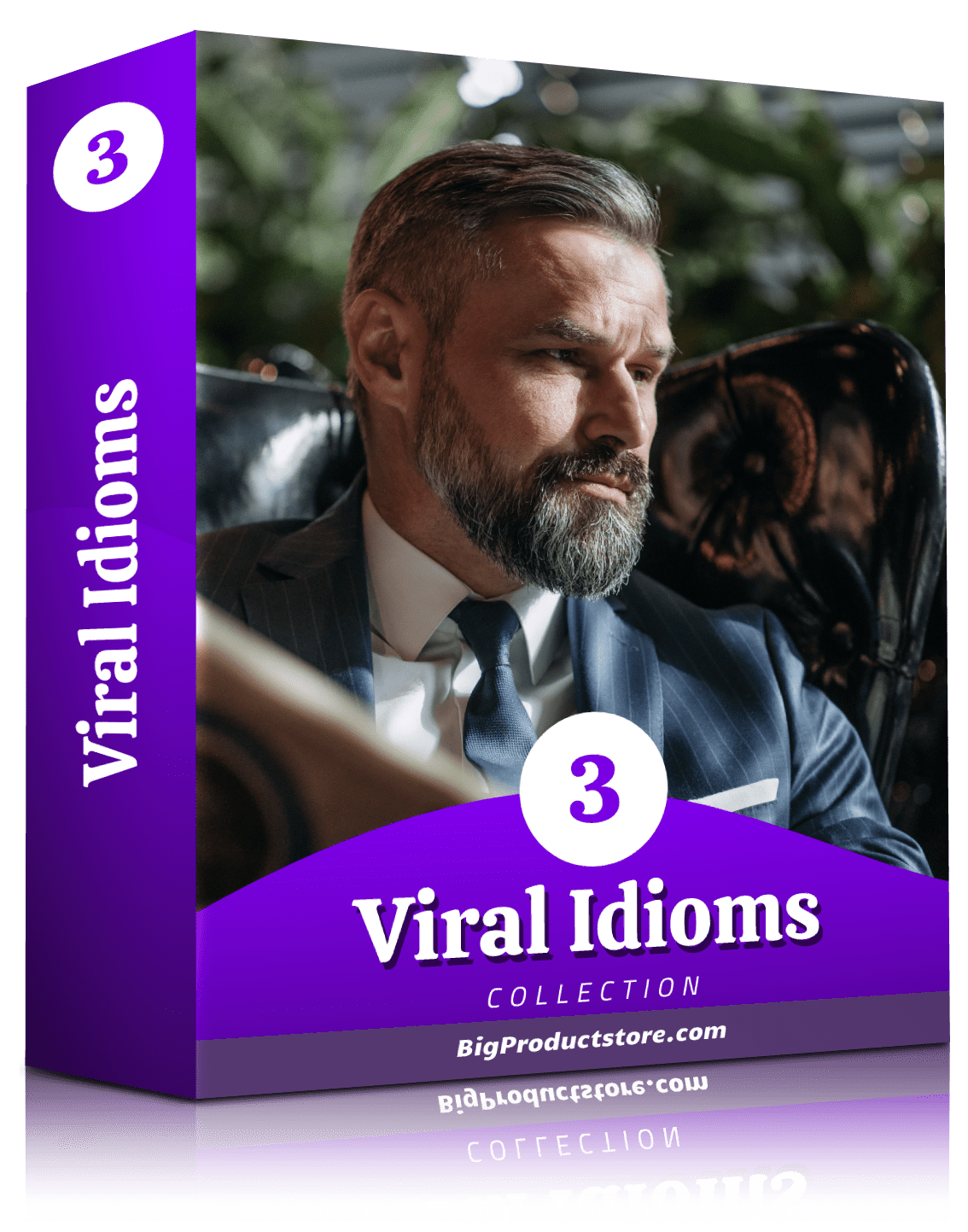What is "I Want Water" Viral Video?
The "I Want Water" viral video is a short, user-generated video that features people from all over the world lip-syncing and dancing to the song "I Want Water" by Aloe Blacc. The video was first posted on TikTok in 2020 and quickly went viral, with over 100 million views. The video has been praised for its positive message and its ability to bring people together.
The "I Want Water" viral video is an example of the power of social media to spread positive messages and bring people together. The video has been used to raise awareness for the importance of water conservation and to promote unity and peace.
"I Want Water" Viral Video
The "I Want Water" viral video is a multifaceted phenomenon with various key aspects that contribute to its significance and impact:
- Social Media Power: The video's rapid spread on TikTok showcases the platform's ability to amplify user-generated content.
- Positive Message: The video promotes the importance of water conservation and unity, resonating with viewers worldwide.
- Cross-Cultural Appeal: The video's participants represent diverse backgrounds, highlighting its universal message.
- Lip-Syncing Trend: The video popularized the lip-syncing trend on TikTok, inspiring countless imitations.
- Community Building: The video fostered a sense of community among participants and viewers, connecting them through a shared experience.
- Viral Marketing: The video's virality demonstrates the effectiveness of user-generated content in promoting brands and causes.
These key aspects underscore the "I Want Water" viral video's impact as a tool for spreading positive messages, building communities, and raising awareness for important issues.
1. Social Media Power
The "I Want Water" viral video exemplifies the immense power of social media platforms, particularly TikTok, in amplifying user-generated content. TikTok's unique algorithm and vast user base provide an unprecedented opportunity for individuals to share their creativity and connect with a global audience.
- Organic Reach: Unlike traditional media outlets, TikTok's algorithm allows videos to gain traction organically based on their popularity and engagement, giving ordinary users a chance to reach a massive audience.
- Viral Potential: The platform's emphasis on shareability and virality enables videos to spread rapidly across networks, amplifying their impact and message.
- Community Engagement: TikTok fosters a sense of community among users, encouraging them to interact with and share each other's content, further contributing to the spread of viral videos.
- Cultural Impact: Viral videos on TikTok have the potential to shape popular culture, influencing trends, language, and even social movements.
The "I Want Water" viral video is a testament to the transformative power of social media in empowering individuals to share their voices, connect with others, and make a meaningful impact on the world.
2. Positive Message
The "I Want Water" viral video's positive message is a key factor in its widespread appeal and impact. The video's simple yet powerful message of water conservation and unity resonates with viewers from all walks of life, creating a sense of shared purpose and responsibility.
- Environmental Awareness: The video raises awareness about the importance of water conservation, highlighting the preciousness of this vital resource and encouraging viewers to adopt more sustainable practices.
- Global Unity: The video's message of unity transcends geographical and cultural boundaries, promoting a sense of togetherness and reminding us of our shared humanity.
- Social Responsibility: The video encourages viewers to reflect on their own water consumption habits and consider the impact of their actions on the environment and others.
- Call to Action: The video's positive message inspires viewers to take action, whether it's reducing their water usage, supporting water conservation initiatives, or simply spreading the message of unity.
The positive message of the "I Want Water" viral video has left a lasting impact on viewers worldwide, fostering a sense of environmental consciousness, global unity, and social responsibility.
3. Cross-Cultural Appeal
The "I Want Water" viral video's cross-cultural appeal is a testament to its universal message and ability to transcend cultural and linguistic barriers.
- Global Representation: The video features participants from all corners of the world, showcasing the diversity of human experiences and perspectives.
- Shared Human Experience: The video's message of water conservation and unity resonates with people from all cultures, highlighting our shared desire for a sustainable and equitable future.
- Visual Storytelling: The video's use of dance and lip-syncing as a means of expression allows it to communicate its message without relying on specific languages or cultural references.
- Emotional Connection: The video's emotional appeal transcends cultural differences, evoking feelings of joy, hope, and unity among viewers.
The cross-cultural appeal of the "I Want Water" viral video underscores its power to unite people from all walks of life around a common message of sustainability, unity, and hope.
4. Lip-Syncing Trend
The "I Want Water" viral video played a pivotal role in popularizing the lip-syncing trend on TikTok, which has since become a defining characteristic of the platform.
Lip-syncing, the act of matching one's mouth movements to a pre-recorded audio track, had existed on TikTok prior to the "I Want Water" video. However, the video's widespread success and catchy song ignited a surge in lip-syncing content creation.
The video's simplicity and accessibility made it easy for users to imitate, contributing to its viral spread. The catchy tune and relatable lyrics further encouraged participation, as users could add their own creative interpretations and personal touches.
The lip-syncing trend popularized by the "I Want Water" video has had a lasting impact on TikTok's culture. It has fostered a sense of community and creativity, allowing users to express themselves and connect with others through shared experiences.
5. Community Building
The "I Want Water" viral video fostered a strong sense of community among its participants and viewers, connecting them through a shared experience that transcended geographical and cultural boundaries.
The video's positive message of water conservation and unity resonated with people from all walks of life, creating a sense of common purpose and belonging. Participants from different countries and backgrounds came together to create their own interpretations of the video, sharing their unique perspectives and experiences.
The video's viral spread and the active participation of viewers further contributed to the sense of community. Viewers engaged with the video by commenting, sharing, and creating their own versions, fostering a sense of collective ownership and shared accomplishment.
The "I Want Water" viral video demonstrates the power of social media in building communities around shared experiences and positive messages. It highlights the importance of inclusivity, collaboration, and the human desire for connection.
6. Viral Marketing
The "I Want Water" viral video is a prime example of how user-generated content can be harnessed for effective viral marketing campaigns.
- Authenticity and Trust
User-generated content is often perceived as more authentic and trustworthy than traditional advertising, as it comes from real people sharing their genuine experiences and opinions.
- Social Proof
When users see others participating in a viral campaign, it creates a sense of social proof, making them more likely to engage with the brand or cause.
- Shareability
User-generated content is highly shareable, especially on social media platforms. This allows brands to reach a wider audience and amplify their message.
- Cost-effective
User-generated content can be a cost-effective way to promote brands and causes, as it leverages the creativity and enthusiasm of users.
The "I Want Water" viral video successfully utilized these principles to raise awareness about water conservation and promote unity. The video's authenticity, shareability, and social proof contributed to its viral success, demonstrating the effectiveness of user-generated content in viral marketing campaigns.
FAQs about "I Want Water" Viral Video
This section addresses frequently asked questions about the "I Want Water" viral video, providing informative answers to common concerns and misconceptions.
Question 1: What is the origin of the "I Want Water" viral video?
The "I Want Water" viral video originated on TikTok in 2020, created by a user named @itsjustanillusion.
Question 2: What is the message behind the video?
The video promotes the importance of water conservation and unity, encouraging viewers to reflect on their water consumption habits and to work together to protect this vital resource.
Question 3: Why did the video become so popular?
The video's popularity can be attributed to its positive message, catchy song, cross-cultural appeal, and the lip-syncing trend it inspired on TikTok.
Question 4: What impact has the video had?
The video has raised awareness about water conservation, fostered a sense of community among participants and viewers, and demonstrated the effectiveness of user-generated content in viral marketing campaigns.
Question 5: How can I participate in the "I Want Water" movement?
You can participate by creating your own lip-syncing video using the #IWantWater hashtag, reducing your water consumption, supporting water conservation initiatives, or spreading the message of unity and water conservation.
These FAQs provide a comprehensive overview of the "I Want Water" viral video, its origins, message, impact, and ways to participate in the movement.
Conclusion
The "I Want Water" viral video is a multifaceted phenomenon that has captured the attention of people worldwide. Its positive message of water conservation and unity, combined with its cross-cultural appeal and the lip-syncing trend it inspired, has made it a powerful tool for raising awareness and fostering a sense of community.
The video's success highlights the importance of user-generated content in modern marketing campaigns and the power of social media in spreading positive messages and bringing people together. As the world faces increasing water scarcity and other global challenges, the "I Want Water" video serves as a reminder of the importance of collaboration, sustainability, and the human desire for connection.
You Might Also Like
Dan Campbell's Wife's Pregnancy: Everything We KnowDiscover The Truth: Is Kendall Jenner Expecting A Baby?
The Truth About Zach Bryan's Alleged Cheating Scandal
Uncovering Mark Harmon's Political Views: A Comprehensive Guide
Uncover The Secrets Of Deep Linking: The Ultimate Guide
Article Recommendations


